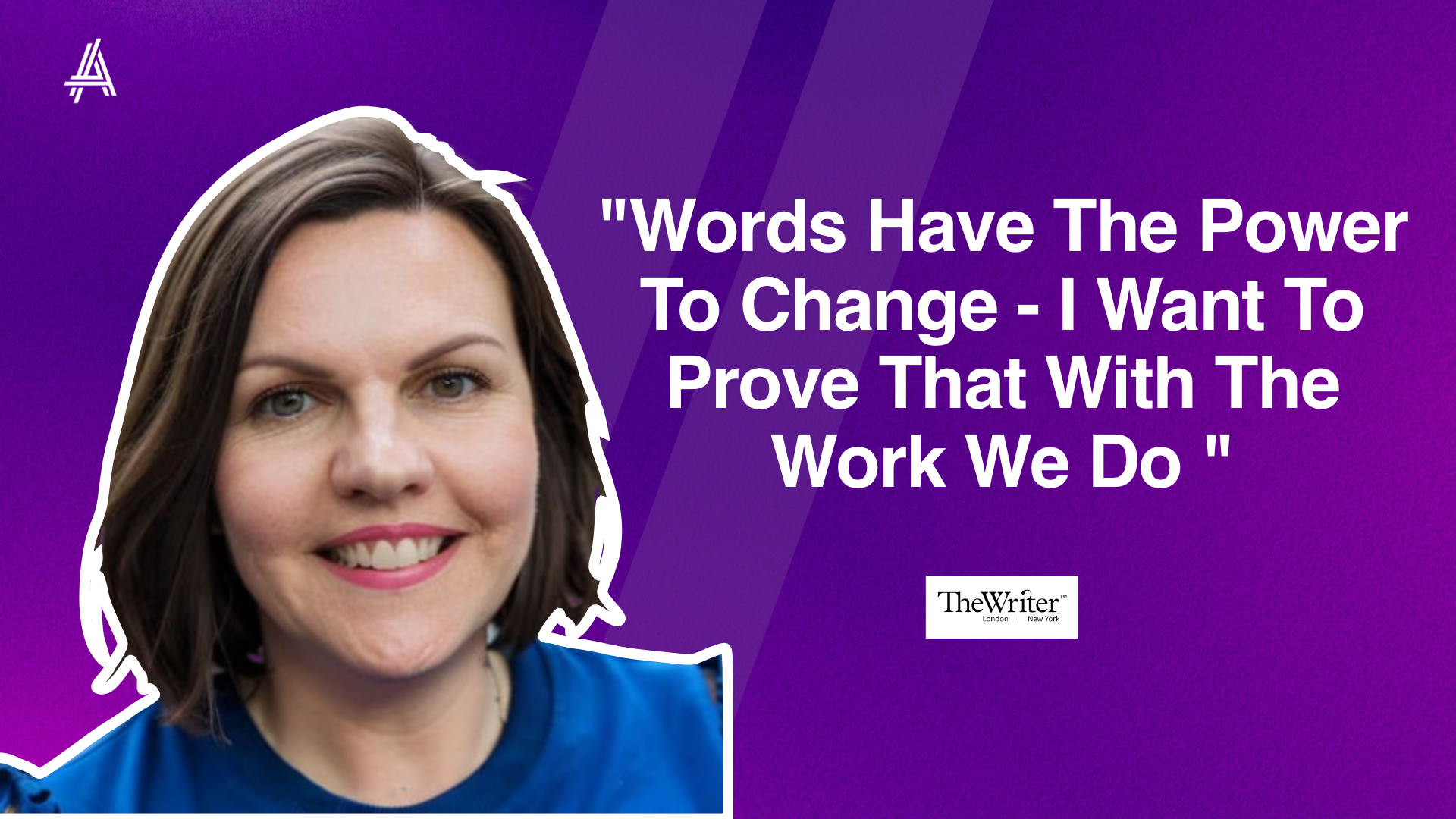We are in an era where businesses tend to see time as money- and because of this owners and mangers are constantly looking for ways to make full use of the day.
Robin Skidmore, founder and CEO of Journey Further, recently took to LinkedIn to share some insight on how to manage time and what agencies can do to avoid time wasting. One thing he pointed out was that a common time-drain in many companies is poorly managed meetings.
However, he explained to his followers that he has been utilising a new approach to organising and conducting his meetings. And so far he says that is it a game-changer in making sure that his time is used effectively.
Robin noted that a few years ago he began to notice ‘bad habits’ forming in his business. He wrote: “Endless meetings being booked, little to no explanation of their purpose and usually an hour long. Because the calendar defaults to hour slots, so does your day.
“Sporadic meetings break your train of thought and interrupt the valuable work you should be creating.”
Because the calendar defaults to hour slots, so does your day
Robin Skidmore
To counteract this problem, Robin and his team introduced a new, no obligation rule for how staff were to book and run meetings. The first rule is a simple one- think, does this need to be a meeting or can be sorted on a quick call/ on your own?
Next, if it really needs to be a meeting, only invite people who are crucial to the talk and have an outline of exactly what it is the meeting needs to achieve.
He also added that for every meeting there should be three things outlined in the invitation:
- Purpose – Clearly defining why the meeting is being held. Are there decisions to be made or issues to be addressed?
- Agenda – A detailed list of topics to be discussed, ideally with links to related documents. This enables attendees to come prepared, ensuring the meeting progresses efficiently.
- Outcome – Highlighting what will be achieved by the end of the meeting, allowing attendees to understand the expected results clearly.
If any of his team receive a meeting invitation that doesn’t have these three things, then they are not obligated to attend it. Instead, before agreeing to attend and blocking out the time.
What do you think about this way of working and utilising time? Would you implement something like this in your agency?

Join 3,000+ agencies
Get the Agency Hackers Newsletter, and read candid stories from other agency leaders.
Upcoming events

Join 3,000+ agencies
Get the Agency Hackers Newsletter, and read candid stories from other agency leaders.






